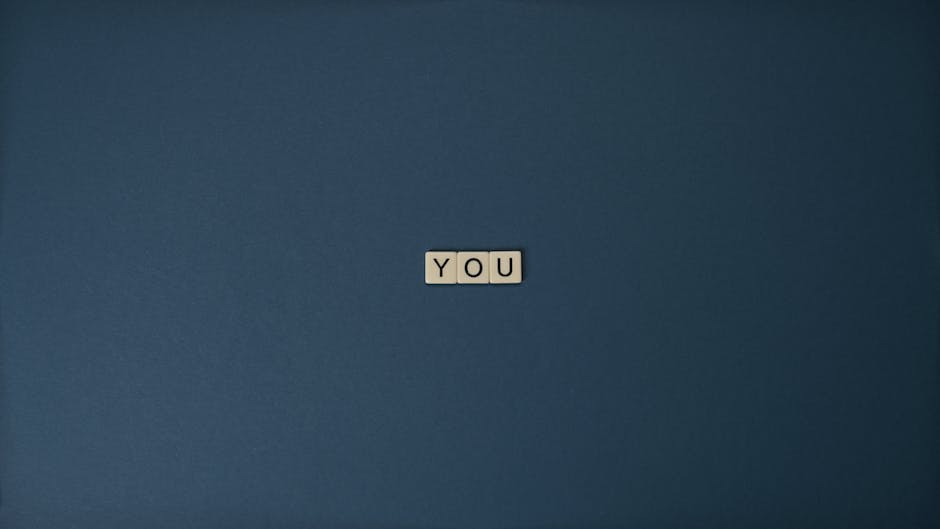What happens after you file Chapter 7 bankruptcy? Filing for Chapter 7 bankruptcy can provide immediate relief from overwhelming debt and provide a fresh start. But what happens after you file? Here’s what you need to know about the process.
The Automatic Stay
One of the most important benefits of filing Chapter 7 bankruptcy is the automatic stay. This court order stops creditors from contacting you for payment, taking legal action against you, or garnishing your wages. As long as the stay is in place, creditors must leave you alone. The automatic stay is in effect until your bankruptcy case is closed.
The Meeting of Creditors
Within a few weeks of filing your bankruptcy petition, you will have to attend a meeting of creditors. This meeting is held by the bankruptcy trustee assigned to your case. The trustee will ask you questions about your finances, assets, and debts. You should bring a photo ID and any documents related to your bankruptcy case. Your creditors may also be present at the meeting, but they are rarely present. After the meeting, the trustee will make a decision on whether to approve your bankruptcy petition.
The Discharge
If your bankruptcy petition is approved, you will receive a discharge of your debts. This means that the debts listed in your bankruptcy petition are no longer legally enforceable. Your creditors cannot contact you for payment and cannot take any legal action against you. However, some debts are not dischargeable, such as student loans and child support payments.
Closing Your Bankruptcy Case
Once you receive your discharge, your bankruptcy case will be closed. You will be released from your legal obligation to pay the debts listed in your bankruptcy petition. You will also be able to start rebuilding your credit and get back on track financially.
Rebuilding Your Credit
Rebuilding your credit after bankruptcy can take time, but it is possible. Some tips for rebuilding your credit include:
- Pay all of your bills on time.
- Keep your credit utilization rate low.
- Avoid taking on too much debt.
- Monitor your credit report for accuracy.
- Apply for a secured credit card.
Filing for Chapter 7 bankruptcy can provide immediate relief from overwhelming debt. After filing, you will have to attend a meeting of creditors and receive a discharge of your debts. Once your bankruptcy case is closed, you can start rebuilding your credit and get back on track financially.

